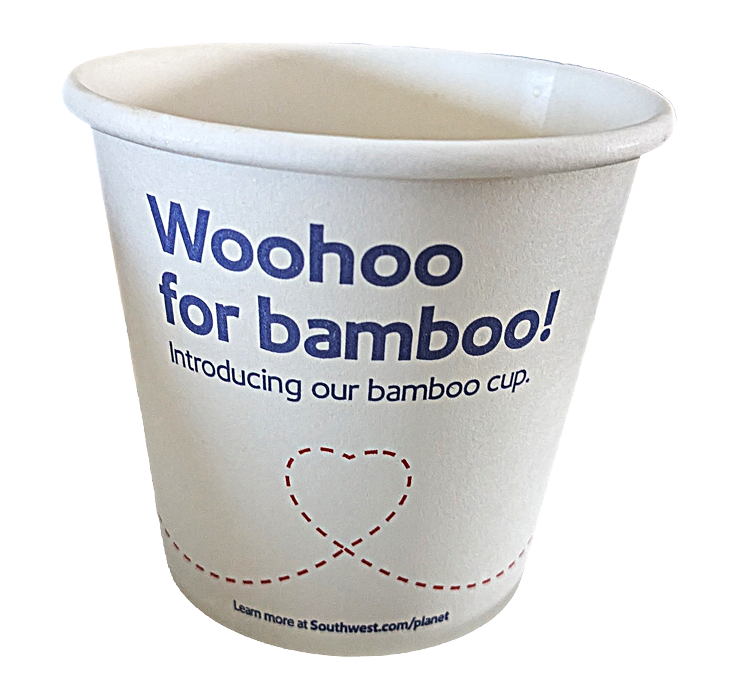The expertise and publications of the Reverse Logistics Association (RLA) serve as a cornerstone that significantly enhances and encourages students' learning in reverse logistics and supply chain management courses at American Public University (APU) and American Military University (AMU). Discussions with RLA members, research conducted through RLA partnerships, and a recent publication by an APUS student who is also an RLA member have contributed to the updating of supply chain management and reverse logistics management courses.
Currently, two courses have been updated using this RLA material, and two more courses are under development. The recently completed courses are RLMT: Introduction to Reverse Logistics Management and TLMT313: Supply Chain Management. Two courses currently being developed this spring are RLMT302: Environmental Issues in Reverse Logistics and RLMT400: Recalls Best Practices and Issues.
One of the great sources of current information we insert into classroom weekly discussions is from contributors like Felecia Przybyla, who showed a photo of "Woohoo for Bamboo." It seems that Southwest Airlines Co. has started using bamboo cups for customers who want a cup of water or a soft drink. This type of information is provided to our students to show how a natural product like bamboo can be used to replace plastic cups. They even include a wooden stick for stirring, made of 100% forestry-certified birchwood. When we post such fun items as this, students not only see what the RLA is doing, but they are also asked to comment on this bamboo cup and provide examples of other items that replace plastic.

Another key source of reverse logistics impact on these four courses is “Going Circular: The Evolution of Reverse Logistics into a Competitive Weapon” by Richard Bulger. This book is now the key text for reverse logistics courses and a support book for supply chain management courses.
In fact, Rich Bulger has developed a video that is used as part of the readings and video material for our students. He often provides our faculty with his current research and ideas on how rapidly the world of product returns is changing. He helps our students better understand product recycling, waste management, environmental impacts, and general profitability for potential careers after graduation.

Part of our involvement with our students is to ask them questions in an open classroom forum. One such question is “imagine you are in charge of introducing a new eco-friendly product in your supply chain management course. What product would you choose, and how would you present its benefits? (Bonus points if you come up with a quirky slogan for your eco-friendly product!)”
Also, we ask them to search for companies who belong to RLA and find what those companies are doing now to be eco-friendly. And of course, we ask a funny follow up question that has a bit of Ernst Hemingway tone such as asking them to discuss a scenario where a bamboo cup leads a revolt against plastic cups in a dramatic classroom debate. How would you moderate this eco-friendly revolution?
RLA members and online searches for articles from RLA Magazine and of course the book “Going Circular” help students become more creative and have fun with their answers among students, and of course their professor!
RLA is a gravitational force for education for APU and AMU reverse logistics and supply chain management courses and a partner with APUS to help build a future career path for many of our students.